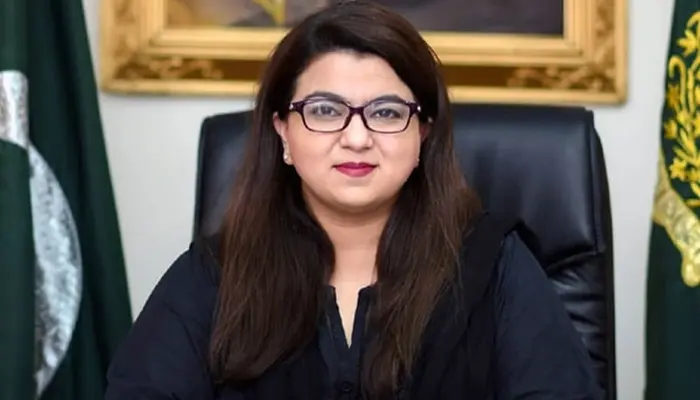The world’s largest submarine cable, the Africa-2 Cable Project, has arrived in Pakistan, raising hopes for significant improvements in internet connectivity. Minister of State for IT, Shaza Fatima, announced the milestone during a Senate session on January 15, 2025, assuring that efforts are underway to address the country’s persistent internet issues.
Pakistan’s Internet Challenges
Pakistan has struggled with internet disruptions for over a year, a concern highlighted by Senator Mohammad Aslam Abro during the Senate meeting. He criticized the lack of progress in resolving the technical issues, suggesting the matter be referred to a dedicated committee for further investigation.
Shaza Fatima acknowledged the challenges, noting that mobile broadband had experienced the most issues. She explained that the Pakistan Telecommunication Authority (PTA) is working to enhance connectivity, doubling its frequency capacity over the last two years. Despite these hurdles, the IT sector remains a bright spot, with a 33% increase in exports over five months and a 25% rise in internet users.
Read: Governor Sindh Steps In Over Missing Boy Sarim
The Africa-2 Cable Project
The arrival of the Africa-2 Cable marks a significant development for Pakistan’s digital infrastructure. Stretching 45,000 kilometers and connecting 33 countries through 46 landing stations, it is the world’s largest undersea cable network.
Currently, Pakistan relies on eight submarine cables, one of which has reached the end of its operational life. The Africa-2 Cable is anticipated to bridge the gap, providing a much-needed boost to the country’s internet capabilities.
Spectrum and Policy Discussions
During the Senate session, Senator Anusha Rehman raised concerns about spectrum utilization. She questioned the effectiveness of imposing data usage restrictions and inquired whether consultations had been conducted on new spectrum policies. Rehman emphasized the need for measures that would attract investment rather than hinder development.
IT Export Targets and Digital Rights
Senator Zeeshan Khanzada questioned whether the government’s target of $10 billion in IT exports remains achievable amidst political instability. Shaza Fatima countered, requesting evidence supporting claims of reaching this goal. She also pointed out that the Special Technology Zones Authority (STZA) had deviated from its original intent, with housing societies benefiting instead of the tech industry.
The session also touched on broader concerns about digital rights. Federal Minister for IT Syed Aminul Haque emphasized the need for improved infrastructure, while other senators urged greater efforts to address slow internet speeds.
Looking Ahead
With the Africa-2 Cable Project and potential new entrants like Starlink, Pakistan is poised to enhance its digital infrastructure significantly. However, addressing regulatory, policy, and technical challenges will be essential to fully realize these opportunities. Improved connectivity could transform education, business, and economic growth, making the effective implementation of these initiatives crucial for Pakistan’s future.
Follow us on Google News, Instagram, YouTube, Facebook,Whats App, and TikTok for latest updates
